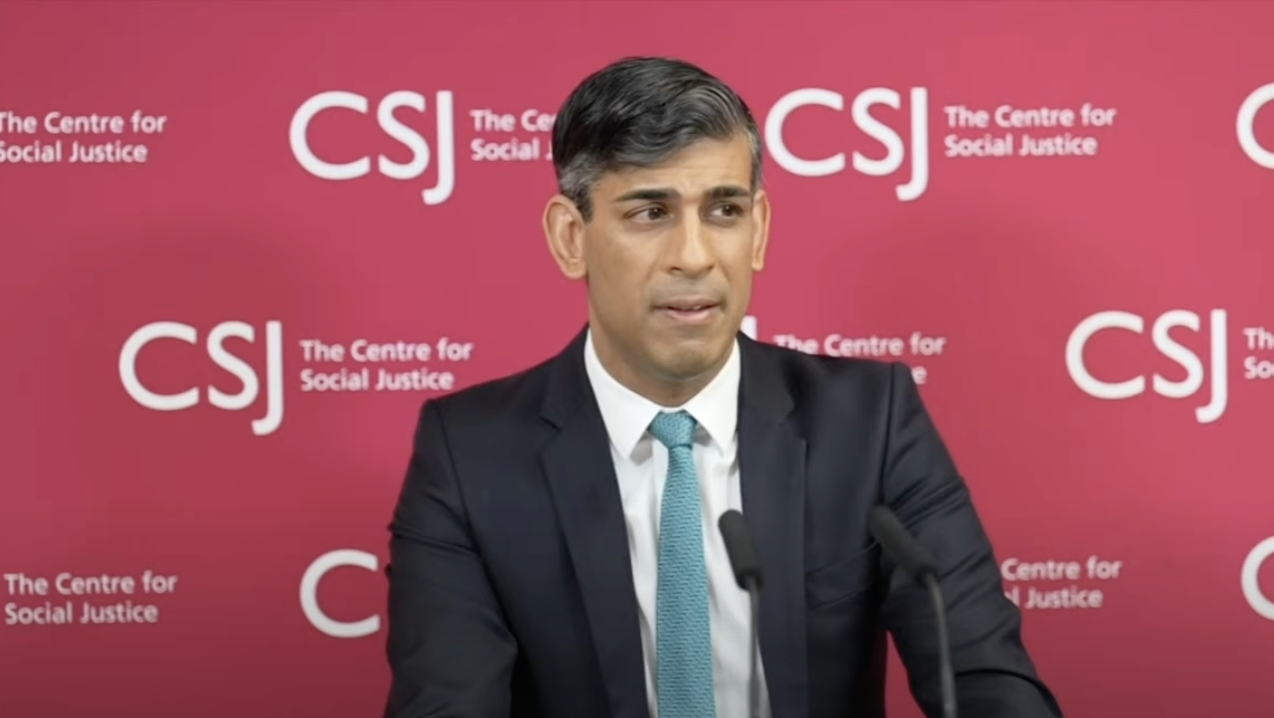The prime minister’s comments came weeks after work and pensions secretary Mel Stride said mental health culture has “gone too far”.
Recent government attempts to “tighten” work capability assessments, part of a drive to get more people into work, have also faced attacks, with charities warning they could cause “huge anxiety”. The mother of 25-year-old Josh Smith, who took his life amid anxiety over a disability benefits assessment, said she blames the Department for Work and Pensions (DWP) for failing her son.
“The government’s ongoing onslaught on disabled people is hard to watch, with the prime minister today taking aim at people who are long-term sick in a cruel speech demonising people with ‘sick notes’,” said Richard Kramer, chief executive of disability charity Sense.
“This rhetoric is unbelievably damaging and unhelpful, presenting disabled people as ‘shirkers’ who don’t want to work.”
New statistics from the Office for Budget Responsibility and the DWP show that by 2028/29, 424,000 people with serious mobility or mental health problems will be denied extra universal credit worth over £400 a month, and protection from sanctions. But just 13,900, or around 3%, of these are expected to move into employment.
“Many disabled people want to work, but don’t get enough help to do so either from employers or from the government. Focusing on the sign-off process for sick notes will miss the point without more root and branch reform to widen support, said Stephen Evans, chief executive of Learning and Work Institute.
Advertising helps fund Big Issue’s mission to end poverty
“Only one in ten out-of-work disabled people get help to find work each year, but two in ten want to work. We need to tackle the employment support gap, help employers to better support people with health conditions and disabilities and look at how they design jobs and recruit, and improve health and other support for disabled people,” added Evans.
Government plans to reform universal credit could deny hundreds of thousands of disabled and ill people benefits, research by anti-poverty charity Z2K found in January. Those with mental health conditions could be at “substantial risk of harm” if forced to meet conditions set by Jobcentre staff, Z2K warned.
“Like the prime minister, we believe that, with the right approach, people can be moved into sustainable employment,” said Paul Cheal, CEO of the Big Issue Group.
“However, we believe the solution to ensuring people facing barriers to work find sustainable and fulfilling employment is to put in place measures and programmes that offer bespoke support for individuals on a case by case basis.”
Cheal said Big Issue Recruit, which matches job coaches with candidates to find jobs in suitable areas, has helped 102 people, including caregivers and prison leavers, find jobs since it launched in 2022.
“We have shown that, with the right approach we can get the right people with the right skills into sustainable employment. We would urge the government to review our model to make sure that their welfare reforms do not leave those facing barriers to work out in the cold,” said Cheal.
Advertising helps fund Big Issue’s mission to end poverty
Instead of restricting benefits, the prime minister should improve the quality of work on offer, and ensure job flexibility means those with health conditions can stay in employment, said Ben Harrison, director of the Work Foundation at Lancaster University.
“The prime minister is right that more action to support those who want to work is badly needed. Over 700,000 more people have become economically inactive due to long-term sickness since the pandemic began, and without substantive action that number may rise further,” said Harrison.
“But making it harder for people to access health related benefits, and pushing people who are managing physical and mental health conditions into taking ‘any job’ with threats of closing their benefit claims altogether will heighten the pressures faced by those people and may make their condition worse.”









